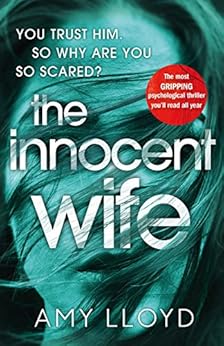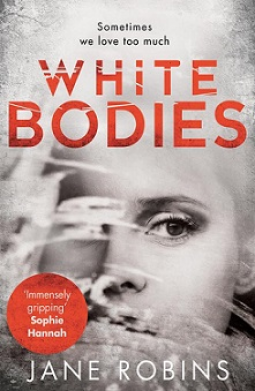Dennis Danson is a convicted killer on Death Row - the Red River murderer - but widely and increasingly believed to be innocent. Documentaries are made about him, books written, celebrities espouse his cause. For Sam, a needy young woman in England,the case details and Dennis himself exert a deep fascination, and when she contacts him and subsequently travels to the US to visit him in prison, a relationship develops between them.
But is Dennis as innocent as Sam and many others believe him to be? What really happened to the girls of Red River?
But is Dennis as innocent as Sam and many others believe him to be? What really happened to the girls of Red River?
This is a tense and compelling psychological thriller - Amy Lloyd builds up the tension extremely well. While few of the characters are particularly likeable - out of everyone, I was most concerned about the cats - I was still desperate to find out what was going to happen. The deeply dysfunctional relationship between Dennis and Sam is very well drawn, wince-inducingly so at times, as things do not progress between them quite as Sam had expected or hoped.
For me the name Dennis Danson immediately evoked the serial killer Dennis Nilsen - I don’t know whether this similarity was deliberate on the part of the author (there are certain other similarities too... so maybe) but it meant I was instinctively slightly predisposed against him! Whether guilty or not, Dennis is a difficult and complex character; the real man often at odds with the image of him created by others. The character of Sam, a somewhat obsessive and vulnerable young woman whose actions are often painfully misguided and whose insecurities can at times overwhelm her - is very believable.
There are some insightful observations here on the social media landscape, particularly as experienced for the first time by Dennis - the strange world of Twitter is especially well depicted as Dennis - and Sam’s - story is served up for public consumption and, of course, everyone has an opinion...
An often disturbing but always readable journey into some dark places.... recommended.
Review also published on NetGalley and on Amazon. Thanks to the publishers and NetGalley for the opportunity to read and review.




